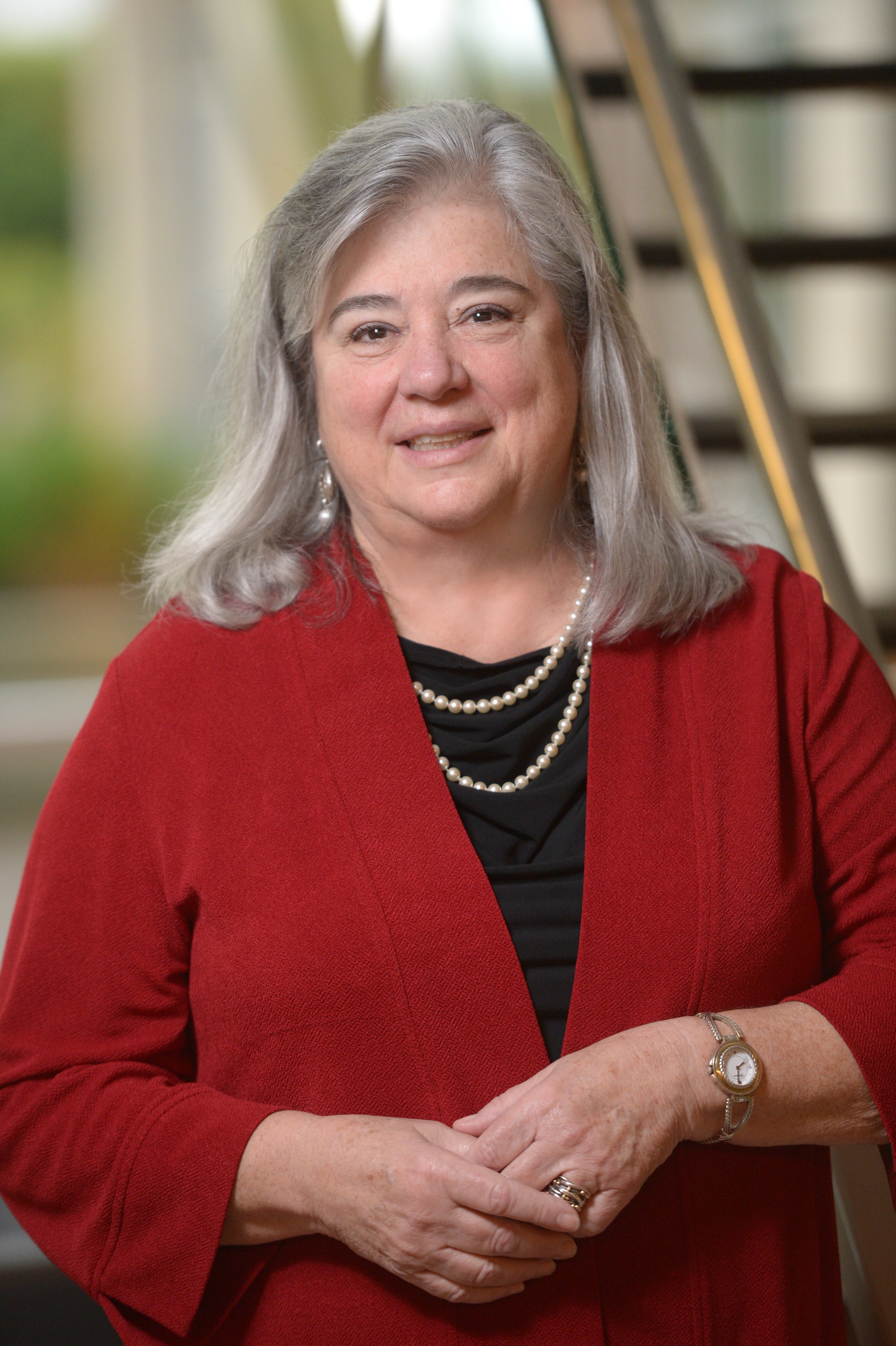We Are All Florence Nightingale

At first this seems like a bold statement, but think about it for a moment. What do we know about Florence Nightingale? She is credited as the founder of modern nursing and embodied nursing leadership and advocacy.
She improved hygiene practices in hospitals, resulting in fewer infections and deaths. She pioneered statistical analysis on the conditions surrounding the provision of medical care, especially during the Crimean War, and used visual presentations (or early infographics). She created patient services (https://www.history.com/topics/womens-history/florence-nightingale-1), such as a kitchen that prepared special dietary meals for patients, a laundry to provide clean linens, and a library for patients’ intellectual stimulation.
She also overcame challenges: her parents were opposed to her being a nurse because it typically was not a choice for the upper class, but she pursued nursing training anyway (https://www.history.com/topics/womens-history/florence-nightingale-1). In doing so, she changed the way in which nurses were seen, established nursing as a respectable career, raised the standards of nursing care, and established the way in which nurses were educated.
I think each of us might relate to some of these actions and other facts about her. The use of data and statistical analysis is integral to any patient care improvement process, and oncology nurse scientists use statistical methods to answer research questions. The coxcomb pie chart, one of the ways she presented mortality data, is in the logos of all three of our corporations: ONS, Oncology Nursing Certification Corporation, and Oncology Nursing Foundation. Many long-term members will remember that the Nightingale lamp was part of our previous logo from the 1970s. Nightingale has been an enduring part of ONS.
We may take for granted the patient services that she is credited with implementing (e.g., laundry, kitchen or food services), but I imagine that some of you channel a bit of Nightingale when you arrange for special meals for patients who have no appetite. Many of you have developed a library with education, distraction, and recreation resources for patients. Today’s standards for infection control, handwashing in particular, began with Nightingale. And many of you have developed innovative practice improvements for patients and their caregivers.
Although we may not have faced the displeasure of our parents for choosing nursing as Nightingale did, I would guess that some of our parents didn’t understand why we chose oncology. Just as Nightingale knew that nursing was her calling, we found oncology nursing as our calling. Sometimes the why may be difficult to answer. Today’s nurses come from more diverse backgrounds than those in Nightingale’s era, but the profession is still predominantly Caucasian (https://minoritynurse.com/nursing-statistics) (75%) and female (90%) in the United States (https://nurse.org/articles/male-nurses-and-the-profession). And her legacy raising the status of nursing is evident today: the Gallup survey for the past 17 years has shown nurses to be the most trusted profession (https://news.gallup.com/poll/245597/nurses-again-outpace-professions-honesty-ethics.aspx).
With the ONS 44th Annual Congress held early this year, we are celebrating oncology nurses in Anaheim in April, but the actual International Nurses’ Day is May 12, Florence Nightingale’s birthday, and May is recognized as Oncology Nursing Month. Enjoy a second nurses’ day and celebrate your colleagues and the profession you have chosen.
